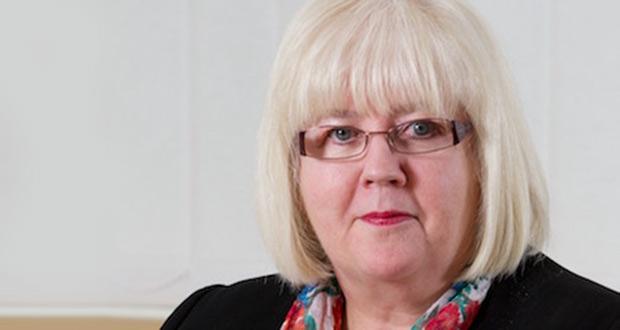People Development Must Be Part Of The Solution To Dementia Care Lottery Says Mary Clarke, Ceo, Cognisco
 Health Secretary Jeremy Hunt has unveiled a new online “dementia atlas” exposing the best and worst performing areas for dementia prevention and care in England. The ‘Atlas’ shows significant regional disparities in the quality of diagnosis and support on offer for dementia.
Health Secretary Jeremy Hunt has unveiled a new online “dementia atlas” exposing the best and worst performing areas for dementia prevention and care in England. The ‘Atlas’ shows significant regional disparities in the quality of diagnosis and support on offer for dementia.
Whilst NHS guidelines recommend that dementia sufferers have an annual face to face meeting to review their care plan, just 49.3% of sufferers in Somerset had their plans reviewed, compared with 85.8% of people in North East Lincolnshire. And, whilst two thirds of patients want to die at home, just 33.9% of sufferers in Newham are being sent home compared to 83.1% in Vale Royal in Cheshire.
Mary Clarke CEO, Cognisco, has been working with partners in the private care sector to drive up standards of care since 2015, when the Care Quality Commission (CQC) found that 18,000 care homes in England ‘required improvement.’
Then, the key areas of focus for the private care sector were improving end of life care and ensuring patients’ provided better patient-centred care – with staff treating residents with dementia as unique individuals, with their own interests, capabilities and needs – not as someone with an illness.
To help tackle the issue, Cognisco and care home provider, Belong jointly developed a ‘Dementia*Care assessment’. This online assessment tests the knowledge and confidence of care staff in all aspects of their role, highlights gaps in knowledge and identifies specific training needs of individuals.
This new approach is helping several care home providers including Belong improve person-centred care for residents with dementia and also evidence improvements to the CQC using the assessment data, ensuring greater transparency and accountability.
Discussing today’s report Mary Clarke said, “We welcome the Health Secretary’s new atlas, which highlights regional inconsistencies in the NHS in the quality of care for dementia and strategies for end of life care.
Our work in the private sector has shown that having accurate data on performance standards is the first vital step in driving up standards of care, as best practice and learning can be captured and shared.”
“But raising care standards is also down to the carers dealing with patients every day. It is essential they are competent and feel confident in all aspects of their roles and have the right training and support to do their jobs properly.
A key issue for many hospitals is the lack of accurate, up to date data about the competence and performance of staff. Without such data, it is very difficult for an NHS manager to determine the extent of their skills gaps, truly evaluate the quality of care provided or ensure the right development interventions are given to staff to improve care standards.”
“With rising numbers of dementia sufferers, and ever tightening NHS budget constraints and resourcing issues, there has never been a greater need to ensure staff feel competent and confident caring for people with dementia.
There is no easy answer to this situation – it is highly complex, but what is essential is ensuring that carers have the right development and support to equip them with the knowledge and confidence to provide the highest standards of care.”






